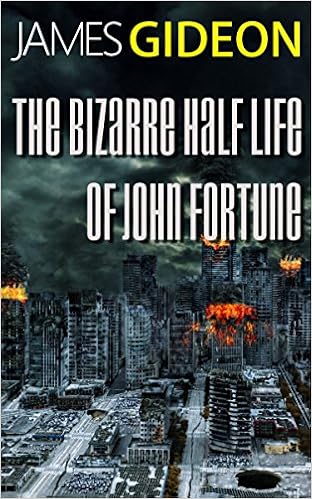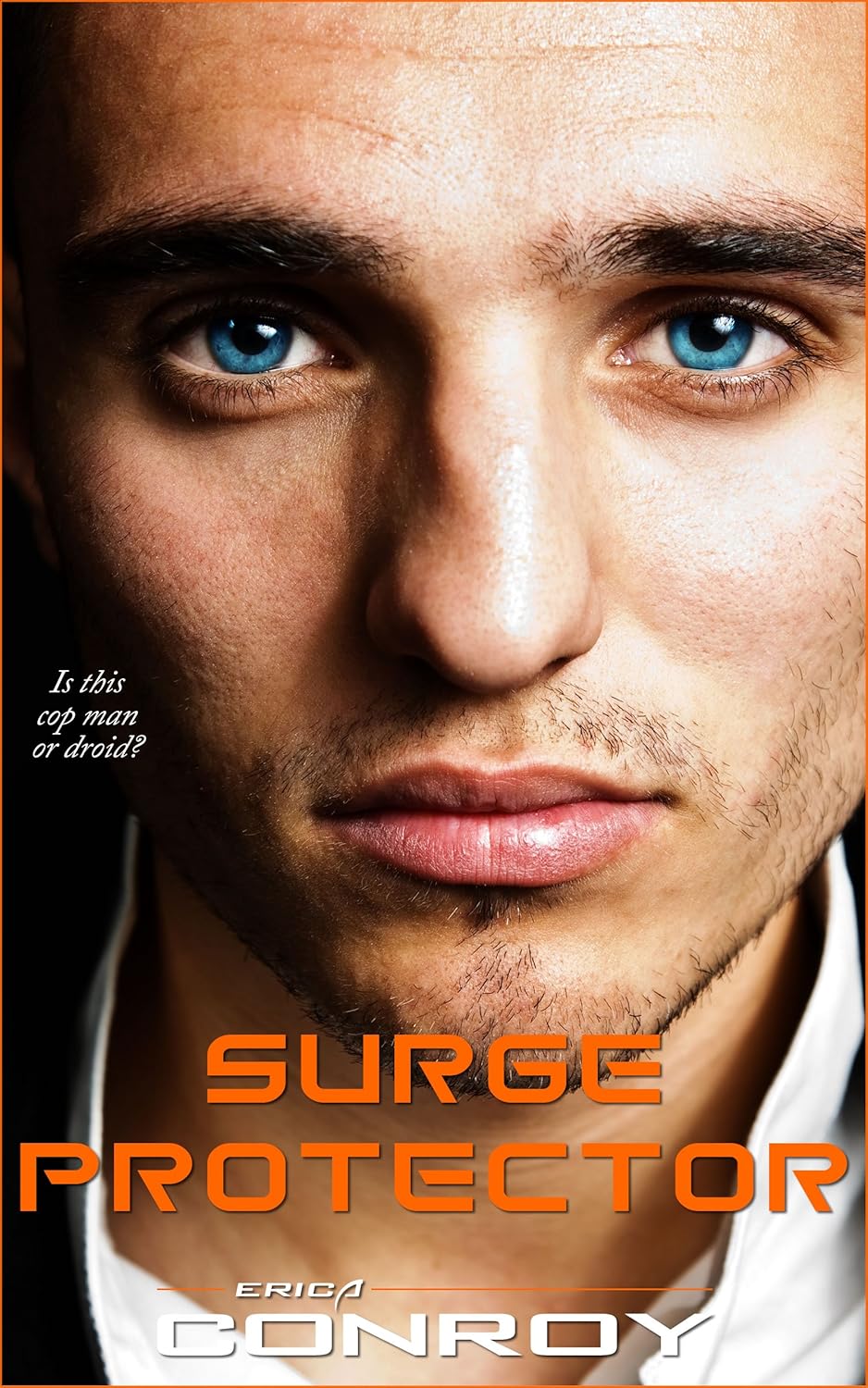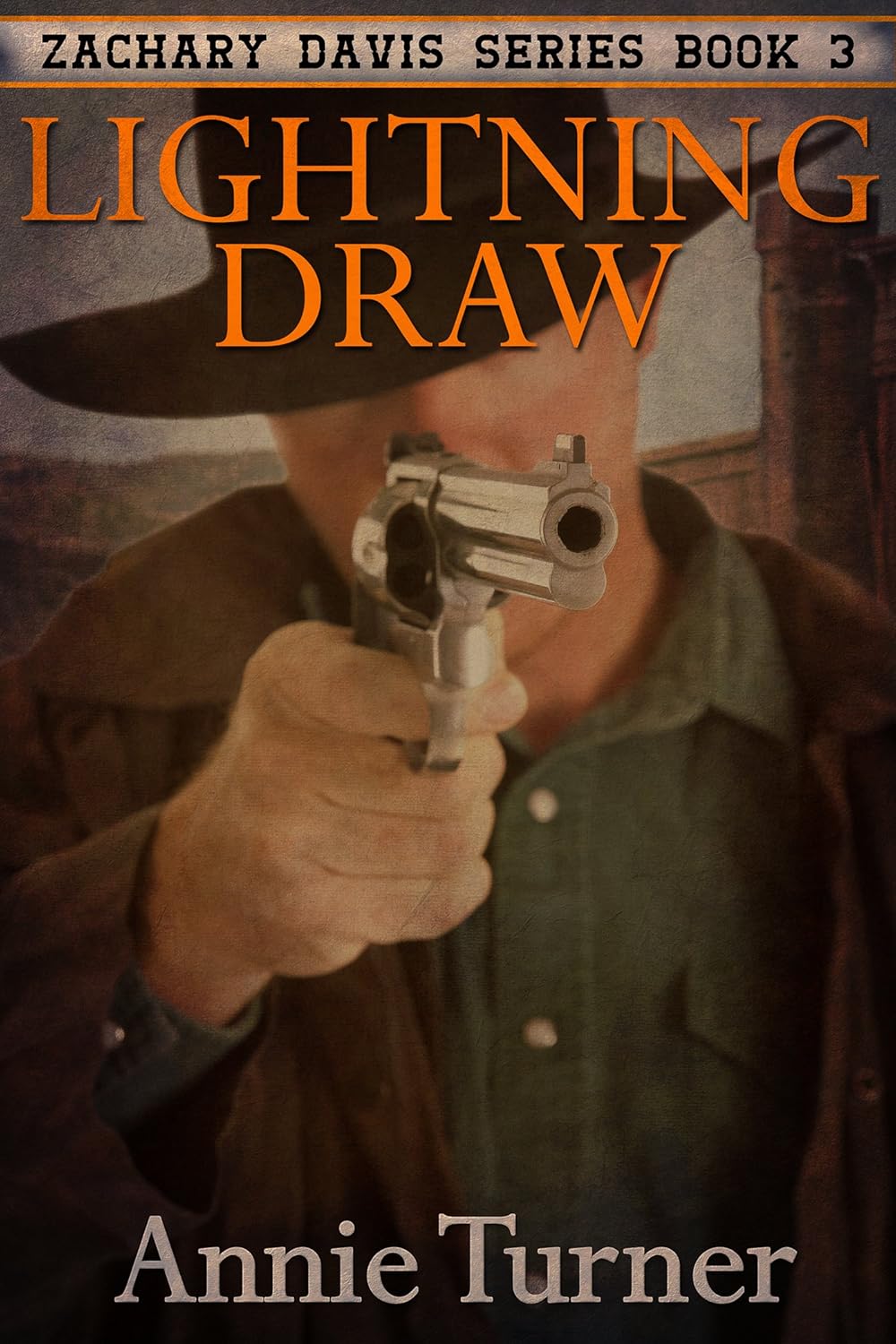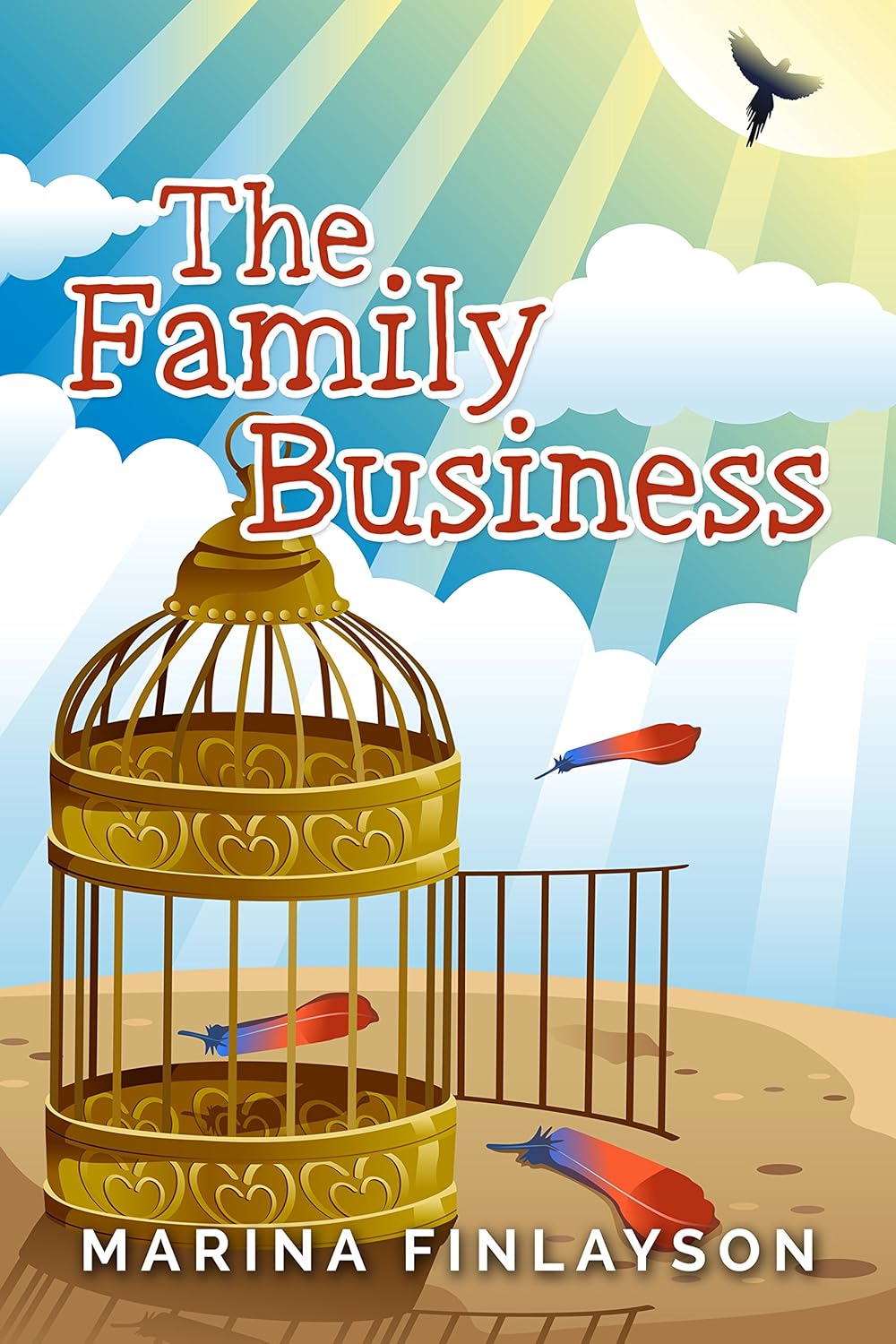Genre: World War II Spy Thriller
Type of Short Story: Short Story
Complete Short Story:
June 4 1941
Jesus Green - a park in Cambridge, England
Sitting on a park bench and feeding the occasional bird that landed close by with the crumbs from a half eaten sandwich, Ilyavitch Romanov surveyed his surroundings with a practiced eye. It was early afternoon and it had become pleasantly warm. Few people were in the park and those that were ambled by slowly, singly or in twos. The foppish young man, who Romanov noticed had entered the park a moment ago, now minced towards him. “Do you mind if I join you?” he lisped slightly. Without waiting for an answer, the flaxen haired young man took his seat beside Romanov. Placing his sandwich box beside the Russian he sat in silence for perhaps a minute. He then made a wry face.
“My landlady, she’s ALWAYS making me ham sandwiches. She KNOWS I can’t stand them,” he said in camp anger. Romanov sat and looked ahead in stony silence, barely able to conceal his contempt. ‘If this is the pride of English manhood then Hitler will win the war and this little island is doomed’ he mused. ‘Still, Comrade Stalin had been right all along about Cambridge University and its upper class gang of useful idiots.’ “You should try my cheese sandwiches. They were made especially for me this morning,” Romanov said at last. The effete young man placed his hand softly on Romanov’s knee and leaned in towards him. He moved his lips close to the Russian who instinctively flinched in distaste.
With his mouth brushing Romanov’s left cheek and his right hand concealed from view the exchange was made. Picking up Romanov’s identical looking sandwich box - with its £1,000 in used notes hidden inside under a white napkin - Guy Burgess got up and without a word left the park the way he had came. Romanov took out a handkerchief and wiped his cheek. He looked around casually. The man who had been tailing him for the past hour and whose head was now buried in a newspaper casually got up slowly from his bench about 50 yards away and also left. Romanov smiled. The man would have seen exactly what he, Romanov, wanted him to see - nothing more nothing less. Later that evening in London the precious contents of Burgess’ box were assessed at the Soviet embassy. “You are to be congratulated comrade. This document is gold, pure gold,” the defence attaché said shaking Romanov, whose face remained expressionless, warmly by the hand.
Easter Sunday 1942
12.15 am – a Luftwaffe airfield somewhere in Northern France
SS officer Wolfgang Schmidt, together with an eight man Fallschirmjaeger team under the command of Captain Rudolf Nedermayer, left the Nissen hut and began walking purposefully in single file. Crossing the rain soaked airfield, they marched silently and grim faced towards the converted Dornier bomber that was parked 100 metres distant. Luftwaffe pilot Dieter Frank saluted Schmidt, “we may be lucky with the rain. The weather ship says it is clearing.” Schmidt acknowledged and without a word entered the aircraft followed by Nedermayer and his men. They checked their ‘chutes, weapons canisters - and the map - one last time. Then Schmidt spoke. “Gentlemen, the destiny of the Reich is in your hands – Heil Hitler.” The twin engines roared into life and the Dornier gathered speed. Racing up the grass runway it took off into the overcast night - heading towards the English Channel…
May 4 2010
11.30 am
With a skid that ploughed neat twin furrows into the gravel strewn car park of Alexander Palace Kevin O’Dwyer brought his digger to a halt. Glancing at the haphazard array of JCB dump trucks, tracked vehicles, mobile power generators and assorted other construction equipment, he stepped down from his cab.
It was a fine sunny mid-morning and Kevin’s throat was parched. Opening a flask, he took a swig of the lukewarm remnants of his coffee then lit a ready made roll-up cigarette retrieved from a battered plastic pouch.
“Jayzus Kevin, are you’ze having another break already?” It was Paul Duffy the foreman. Emerging from the portacabin he strode angrily across the muddy ditch towards the young plant operator. Stepping on to the pedestrian path that was now closed off to the public and passing the piles of plastic piping, he looked at him with exasperation, “Sure it’s your second since you started this morning.”
Duffy and the rest of the crew at Hannity Construction knew that their company was on a tight schedule. Renovation work at London’s historic palace, located in the scenic heights of North London’s Muswell Hill, had started in January. It was supposed to be completed by the end of the year. But they were already two weeks behind schedule. Duffy knew that any delay could mean a hefty penalty for the company – in which case he could kiss goodbye to his Christmas bonus.
“OK chief,” said Kevin stubbing out his roll-up, “just let me finish this swig and I’ll be right back with you.” Returning to his dumpster, Kevin drove out of the car park and followed the sloping path until he reached the trench he had been digging. He sighed, he was on piecework after all and he knew that he needed to get a move on.
A popular song by the hit Irish boy band was playing on the small radio in his cab. Grinning, Kevin sang along with it in staccato bursts. A minute later he stopped. The clanging sound as he brought the digger’s shovel down was unmistakeable. ‘That’s not concrete – don’t tell me I’ve cracked a f***kin’ gas pipe,’ he swore under his breath.
Jumping down from his cab, he peered down into the trench. With another curse he descended hesitantly into the three foot deep excavation to get a better look. “Guv,” he shouted in the direction of the portacabin 50 metres away. “Guvnor,” he shouted louder. Duffy marched over to him, belligerence oozing from every pore. “What the f**kin’ hell is it this time?” he demanded.
“I think you’ze better see this,” Kevin replied quietly.
****
The wail of sirens and flashing blue lights that an hour ago heralded the arrival of the speeding convoy of emergency response vehicles were now switched off. A police van had been turned into a mobile incident unit, while three squad cars blocked the entrance to the park.
All work on the site had now stopped and Hannity Construction’s employees were being ushered round the blue and white incident tape that had sectioned off the trench into the van to be questioned.
“So, Kevin O’Dwyer – that is your name, is it – tell me again what happened,” asked Sergeant Mike Timms. “It’s just loike I said,” Kevin answered wearily. Timms looked at him again and scrutinised the youth’s baffled young features for a full minute. “OK,” he said at last, “you may go, but we may want to speak to you again – you do understand that, don’t you?” Kevin nodded and left the van.
The sergeant shook his head and returned to his notes. Beside him on the floor the item found by Kevin was now bagged up, ready to be taken back to the crime lab. The door opened silently and two figures entered the mobile incident unit. Seated at his desk Timms started to look up “You need to wait your turn,” he began irritably.
Then, observing the two well dressed men who were standing in front of him, Timms quickly moved to press the alarm button on his police issue tunic. The older man spoke as Timms hesitated with his finger poised on the security device. “I don’t think we need to involve the police lab with that,” he said with quiet authority, nodding in the direction of the bag while simultaneously taking out a card from his wallet and holding it out for inspection.
Timms examined the card, turning it over and over. “Yes sir,” he said slowly. “Do you mind if I show this to my chief first, just to confirm?” “By all means,” came the response. “Oh and let’s try and keep this as quiet as possible – you know, no press that sort of thing.”
Five minutes later, the two M15 men together with the item that was still in its official police bag, were driving away from Muswell Hill. In less than an hour they were sitting in the office of Senior Intelligence Analyst Tony Halcroft - the contents of the police bag on open display on his desk.
“Any problems?” he asked. “No, the Sergeant and his superior were quite cooperative. As for the young chap that found it? I don’t think he’ll be any trouble,” said Dave Hicks, the older M15 man.
The three fell silent and looked again at the desk. “What exactly is it?” asked Trevor Stubbs the younger man. “That young Stubbs, still factory wrapped in its protective oilskin, is a Schmeisser machine pistol. And beside it, is its ammunition clip, “said Halcroft.
He turned to the other item that was retrieved from the trench – an old disintegrating leather pouch, which contained a folded silk map. He opened it. Still clearly visible on the map, though now faded with age, were lines of Russian text in an undecipherable Cyrillic script. To the side were jottings in German.
“My God,” Halcroft said finally. “So it WAS true after all.”
****
Easter Sunday 1942
The fine sheets of rain, which had fallen incessantly across southern England for much of the previous evening, had begun to subside - it was 1.40 am. SS officer Schmidt and Nedermayer’s men worked feverishly.
Half an hour earlier, the Dornier flying at low level had dropped through the leaden skies to disgorge the team, which drifted silently down into a blacked out North London. Gathering up the last of their parachutes from the sodden ground they buried them in one of the wooded areas that bordered the otherwise tranquil 196 acres that surrounded AlexanderPalace. Then opening their canisters they began to assemble their standard issue Schmeisser machine pistols.
“Damn,” swore paratrooper Kurt Manneheim softly as his weapon and ammunition clip slipped from his gloves into a flooded ditch. Bending, he frantically scrambled to find them in the pitch dark only to realise with horror that the water proof leather pouch containing the map – the precious map - had also fallen into the ditch. The sound of a twig breaking made them all hug the ground and freeze instantly.
For a minute nobody moved. Then half standing Nedermayer gestured for the others to make a run for the assembly area. Attaching their ammunition clips they dashed across the field in a crouch towards the car park. In the foreground, loomed the huge, unlit shape of the palace. The two estate cars were parked side by side, doors unlocked - just as agent Juan Pujol had assured them they would be.
Silently, they opened the doors and separated into the two pre-arranged snatch teams. Nedermayer would drive the lead car, SS officer Schmidt would follow in the second. “Captain,” Manneheim stammered. Trembling, he told Nedermayer about the lost map and weapon.
“Idiot, it was just as well we have two copies of the map. Get into the second car with Muller and follow us. God help you when we get back to Berlin and Schmidt makes his mission report,” he hissed venomously. He started the car engine, ‘perhaps I should have said - if - we get back to Berlin’, he thought as he moved off.
Sweating with panic, Manneheim tried to start the second car. “What’s the matter man, we’ll lose them,” said Schmidt. “The fuel line, it must be flooded, sir.” He responded haplessly. The lead car moved slowly down the narrow road towards the park gate that would exit Nedermayer and his men onto the main road to Crouch End.
Fifty metres from the park gate, and hidden from view by the clump of trees that sheltered a dirt path, stood the parked British army Bedford truck. Captain Kirkby Lane was silent and tense, waiting with his squad of ten men. Across the other side of the road in trench coat and trilby hat, ‘Colonel John’ M15 officer from the ‘XX committee’, gave a signal to Lane – the car was approaching.
Moving towards the gate, a movement caught Nedermayer’s left eye. A split second later, a bright flash from the trees split the darkness and shattered his windscreen. “Out, out it’s an ambush,” he yelled. Moving as one, the four man team rolled out of the car and headed for the trees on the other side of the road. The sharp cracks from the single shot British Lee Enfield rifles were answered by concentrated automatic fire from the four Schmeissers. The fight was intense.
Alerted by the sound of the gunfire, the second team sitting in their motionless car started to exit - only to be stopped by SS officer Schmidt. “Halt,” he said firmly. “The mission comes first.” “But our comrades,” protested Muller. The paratrooper code of honour, deeply embedded in basic training, was ‘all for one and one for all’.
“They will have to look after themselves - Heil Hitler,” he ordered. The five returned to the car. As planned, they would now make for the second gate. “The map,” Muller remembered. “They now have the only map.”
“We know roughly where it is. That will have to do,” Schmidt barked tersely. Muller released the hand brake and rolled the car in neutral gear noiselessly over the roadway down towards the second gate at the opposite end of the park. As the car picked up speed, Muller put the gear shift into second and with a judder the engine gunned into life. In minutes they were speeding through the gate.
The gun battle at the first gate continued unabated. But by now, two paratroopers were dead, leaving just Nedermayer, who was bleeding profusely from a rifle round that had shattered his left shoulder, and uninjured paratrooper Ulrich Masterson, to continue the fight. Four British soldiers also lay dead by the truck and a further two lay severely wounded in the woods.
Grim faced Captain Lane motioned two of his soldiers to move through the trees to take up a position to the left of Nedermayer’s car. Crawling, he advanced with the remaining two soldiers through the undergrowth until he was positioned within forty metres of the car on the other side. ‘Try and get some of them alive,’ the M15 officer had said.
“You’re surrounded, you might as well surrender now,” Lane called out loudly. Weakened through loss of blood, Nedermayer turned to Masterson, “the second car - did it get out?” The reply was hoarse, “It must have done sir, through the second gate.” Nedermayer nodded with quiet satisfaction. “It’s been an honour to have served with you, Kamerad. Are you ready?”
Without saying a further word they both a fired a final burst from their machine pistols, before they were cut down by Lane and his men.
Several minutes passed before Lane and the M15 man walked cautiously up to the car. “These two are dead. There’s another lying among the trees and a fourth in the grass,” said Lane. “Where’s the other car,” quizzed Colonel John. “We disabled it to make sure it wouldn’t start. It should still be up there in the car park. They won’t get far on foot, we’ll radio in now and get a cordon set up to cover the area,” replied Lane confidently.
The M15 man wasn’t listening. He was searching the bullet riddled car frantically. “The map,” he muttered, “it must be here.” Lane reached into the tunic of Nedemayer and pulled out a leather pouch. He opened it and a map unfolded. “I think this is what you are looking for, sir” he said turning to the agent. Switching on his torch, the colonel looked carefully at it for several minutes. “No, this isn’t it. This has to be a copy. The original must be in the other car.”
They marched hurriedly up the incline of the park road until they reached the now deserted car park. “Where the hell is it?” cried the colonel frantically. “I thought you said the other car wouldn’t start? This is your cock-up,” he yelled. The unmistakeable signs of fresh car tracks leading in the opposite direction, down towards the north exit, were evident by the light of the agent’s torch.
“I want that cordon set up immediately. Jesus Christ, Scotland Yard will have to be informed, as will the Prime Minister. There’ll be hell to pay. That team could be anywhere in England by daybreak,” Colonel John said finally.
**
Peering out of his side window, Muller tried to make sense of north London’s deserted streets. “I think we need to go over that junction we’re now approaching and go straight on,” said Manneheim hesitantly. Muller was silent as they drove on slowly in the direction of Archway. The two figures standing casually, hands in pockets, by the traffic light motioned the car to stop.
“What the hell,” muttered Muller. “Keep going” ordered the SS officer tight lipped. As the car drew level to the traffic light the last thing Muller saw was the men’s coat pockets rip open and spew an avalanche of automatic fire. The bullets sliced through the car killing three of the occupants instantly. Manneheim lay mortally wounded in the back seat and SS officer Schmidt had a flesh wound on his upper right arm.
The two men yanked open the car doors and shot Manneheim again, killing him instantly. SS officer Schmidt tried to shoot but dropped his Luger pistol. The two Russians looked at him. “Where is the map?” they asked savagely. “It’s lost,” smiled Schmidt, “tell that to Comrade Stalin. It’s lost for ever.” A burst of fire riddled his chest and silenced him for eternity.
A ten minute search of the car and its occupants revealed nothing. “Do you think our British ‘allies’ found it in the other car?” asked NKVD officer Sergei Molotov, mildly contemptuously. “Let’s hope so Sergei, for all our sakes, let’s hope so,” said Colonel Andrei Rostov.
****
May 4 2010
2 pm
The three M15 officers had finished the first course of the lunch that Halcroft had ordered be brought up to the office overlooking Central London’s Whitehall. “So what does it all mean? You know, the weapon and ammunition - and what’s all this about a map?” asked Hicks.
Halcroft dabbed his mouth with a napkin and sipped a glass of water. He motioned the waiter to clear the plates and asked for coffee and the dessert be served. He looked at Hicks and Stubbs, who were sitting across the table. “Of all the unsolved mysteries about the Second World War there’s one that’s always puzzled me the most. It is this - why on earth did the Germans NEVER attempt to rescue Rudolf Hess?
Halcroft looked at the two again and continued, “He was Hitler’s deputy, after all, the number two man in Germany. Yet not a single attempt to rescue him was ever made?”
“It was as if the Germans had managed to capture Eisenhower or Attlee and the allies decided to abandon him to his fate in a prisoner of war camp – or worse. It just never made sense to me.” The dessert arrived as did the coffees. Halcroft paused.
Hicks sipped his coffee and spoke musingly, “Well, I don’t know what they could have done. Britain is an island and even if the Germans had managed to get a squad in, how would they have got him out - assuming they were able to find out where he was being held in the first place?”
Halcroft waved his hand dismissively. “You forget one thing Hicks. Germany was winning the war at that stage. It had all the necessary resources at its disposal. They also had that brilliant SS officer Otto Skorzeny. He was a master of rescuing captives held by the allies. In September 1943, he managed to snatch Mussolini.”
“Even as late as December 1944, his team were still capable of causing mayhem behind allied lines in the Battle of the Bulge - at a time when Germany was on the verge of defeat. No, that’s not the answer,” he said standing up. Walking across the room he looked out of the sash windows on to Whitehall below.
He continued, this time softly, “Various live fire exercises were carried out throughout the war in England, particularly in the early stages. But there was one in North London, on the night of Easter Sunday 1942, which caused a particular stir.”
“After the war, locals spoke of a ferocious exchange of automatic gunfire in the grounds of Alexander Palace. Intriguingly, some also swore that they heard German being spoken.”
“For the rest of the war the palace grounds remained sealed off and most people in the area soon shrugged it off. After all, these were a hardy people that had survived the blitz as well as attacks from doodlebugs and V2 rockets. What was one noisy live fire exercise, no matter how realistic, compared to those?”
“When I joined M15 I did make some inquiries, surreptitiously of course, as to whether there had ever been any documented attempts by the Germans to rescue Hess. All my inquiries pointed me, tantalisingly, in the direction ofAlexander Palace and Easter 1942 – but then the trail ran cold.”
“The files are officially closed for 100 years. But a little more digging provided new clues and now together with these items here,” he said pointing to his desk, “I think I can finally piece together what actually happened that night.”
He paused for effect then started to speak again. “On May 10 1941, Rudolf Hess flies to Britain in his ME 110. He parachutes out over Scotland, claiming he is on a peace mission. Hitler is furious. Publicly, he dismisses Hess as insane, but behind the scenes he orders the SS and Abwehr to immediately draw up plans for his rescue.”
“However, there is one seemingly insurmountable brick wall. By early 1941, too few Abwehr agents have been inserted into England to provide the vital background intelligence for such a complex operation. Skorzeny then proposes an audacious solution - he suggests asking the Russians for their assistance.”
Hicks spluttered, “That’s bloody impossible. Hitler was at war with Russia and Stalin was our ally.” Halcroft smiled, “Not yet he wasn’t. Under the terms of the 1939 Ribbentrop-Molotov pact, Russia and Germany were still formally at peace.”
“Skorzeny had a six week window of opportunity from the time Hess was captured on May 10 until Hitler’s invasion ofRussia on June 21 to act on his plan. His boldness could have worked. Remember, right until the eve of the German invasion Stalin was doing everything in his power not to antagonise Berlin.”
“So, Skorzeny approaches the Russians in Moscow via Ribbentrop. Stalin then orders the NKVD, later to be known as the KGB, in the London embassy to provide Skorzeny with all the help he needs. The embassy provides the Germans with a detailed map of the various places where Hess is believed to be held, including the Tower of London.”
“But how - where could they have got the information?” began Hicks. Halcroft walked slowly towards the window, stopped and turned back a few paces to face Hicks. “From their moles in Cambridge University, of course” he said quietly. “No one back then suspected Guy Burgess and his gang of being communist sympathisers.”
“While M15 was concentrating on Mosley and his fascist Blackshirts in London, they were missing what was going on under their very noses in Cambridge. And remember this, unlike Mosley’s street fighting thugs, Burgess and the rest of the Cambridge moles were right at the heart of the British establishment.”
“By late May, the NKVD, SS and Abwehr were - incongruous as it may seem now - collaborating on a mission to rescue Hitler’s deputy from British custody. But of course, as we now know, at the end of June Hitler launches his invasion of the Soviet Union. For the time being at least, the rescue plan is put on the backburner.”
“The Russians, as you rightly point out Hicks, become our allies. But now there is a big problem. Moscow realises it could be implicated in any future German attempt to free Hess - with all the ramifications that could have for the allied cause during the war.”
“To limit the damage, they embark on a deception. They inform M15 in early 1942 that their agents have just ‘learned’ of a German plot to spring Hess. The Russians hope to lure a German rescue team to London. The team would have the map supplied to them by the Moscow embassy in London a year earlier, giving the NKVD an opportunity to seize it back right here.”
“M15 falls for the Russian ruse and hands the matter over to the ‘XX department’ and its team of double agents. They decide to use their most successful agent, Juan Pujol, alias ‘Garbo’. Garbo is told to make contact with Berlin in the spring of 1942 and inform his German handlers that Hess has been moved to the Tower of London. He arranges the delivery of the two cars to Alexander Palace.”
This time it was Stubbs’ turn, “But what so special about that particular map?” Halcroft continued, “Don’t you see? It was an NKVD map giving what we assume to be secretly coded directions in Russian, against which the Abwehr had jotted down the German translation.”
“If the map was ever found, it would be proof positive that the NKVD had helped the Germans to at least formulate a plan to rescue Hess. The Russians simply had to get the map back and make sure that it was destroyed.”
“But the map found in the first car that night was merely a copy as it was minus the Russian code. The original must have been lost during the fire fight that night and was never found – that is until today.” Halcroft finished speaking.
“So what are we going to do?” asked Hicks finally looking at the map and the Schmeisser. “Do? Why nothing of course,” replied Halcroft. “The files are officially sealed until 2042. As for these?” he said pointing at the map and weaponry, “We shall destroy them. No one need ever know. It was after all, one heck of a live fire exercise that night,” he winked. Hicks and Stubbs left his office.
Halcroft stared out of the window again. “Six weeks, that’s all it was, six weeks” he shook his head muttering softly to himself, “time enough to change the destiny of the entire world.”
Read more by this author on Amazon.






